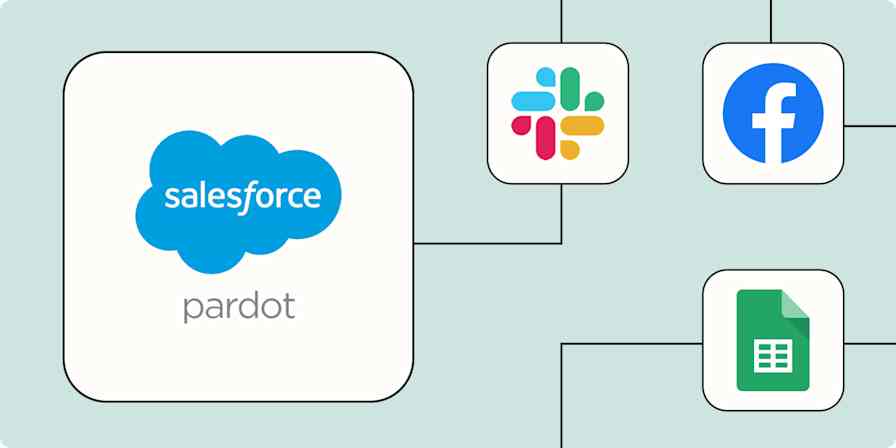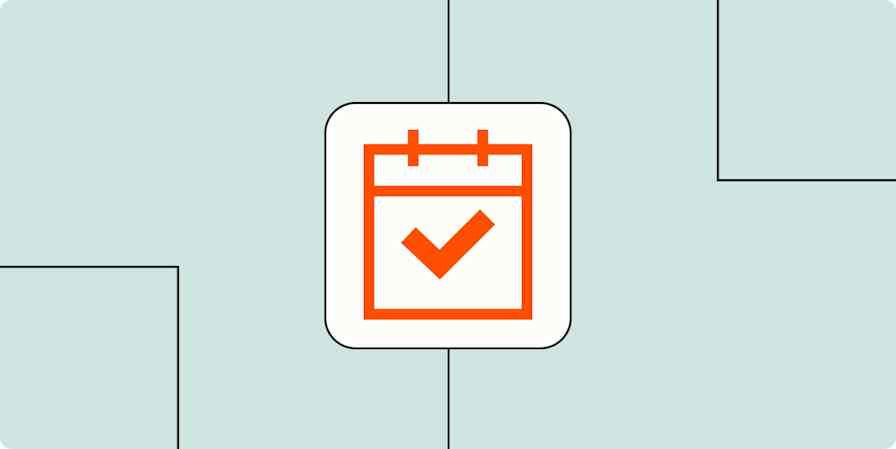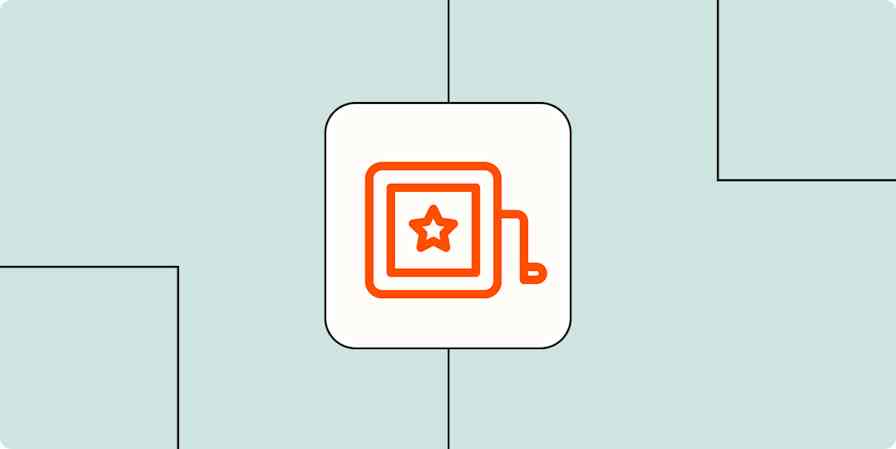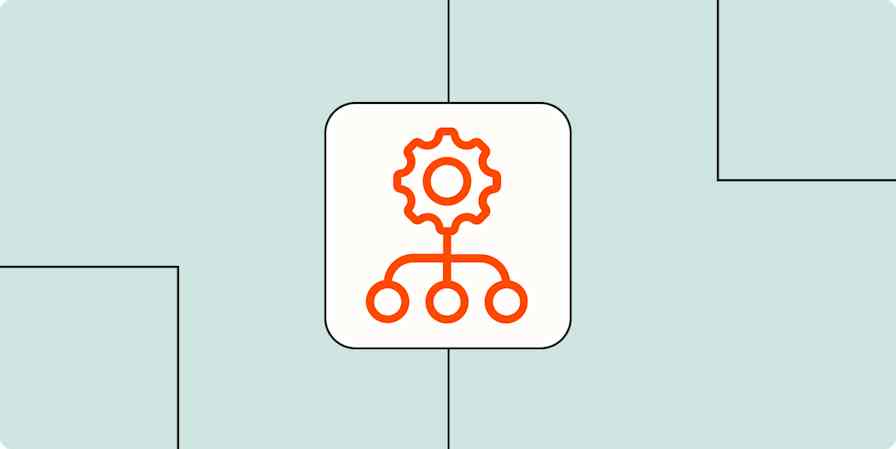Marketing tips
5 min readWhat a popular multiplayer role-playing game can teach us about customer loyalty
Final Fantasy 14 has some of the most loyal fans across any industry. Here's how they did it.
By Melissa King · September 22, 2021

Get productivity tips delivered straight to your inbox
We’ll email you 1-3 times per week—and never share your information.
Related articles
Improve your productivity automatically. Use Zapier to get your apps working together.








